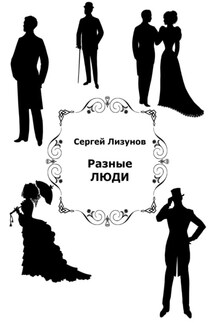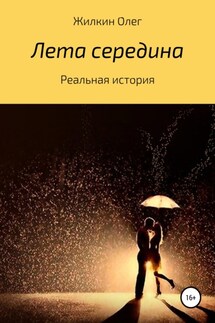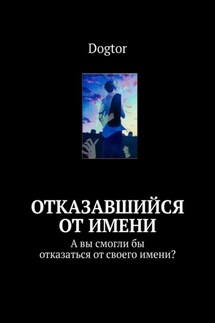The Professor - страница 3
“I felt an inward satisfaction that I had not, in the first moment of meeting, betrayed any warmth, any enthusiasm; that I had saluted this man with a quiet and steady phlegm.
“’Have you quite broken with Tynedale and Seacombe?’ he asked hastily.
“’I do not think I shall have any further communication with them; my refusal of their proposals will, I fancy, operate as a barrier against all future intercourse.’
“’Why,’ said he, ‘I may as well remind you at the very outset of our connection, that “no man can serve two masters.” Acquaintance with Lord Tynedale will be incompatible with assistance from me.’ There was a kind of gratuitous menace in his eye as he looked at me in finishing this observation.
“Feeling no disposition to reply to him, I contented myself with an inward speculation on the differences which exist in the constitution of men’s minds. I do not know what inference Mr. Crimsworth drew from my silence – whether he considered it a symptom of contumacity or an evidence of my being cowed by his peremptory manner. After a long and hard stare at me, he rose sharply from his seat.
“’To-morrow,’ said he, ‘I shall call your attention to some other points; but now it is supper time, and Mrs. Crimsworth is probably waiting; will you come?’
“He strode from the room, and I followed. In crossing the hall, I wondered what Mrs. Crimsworth might be. ‘Is she,’ thought I, ‘as alien to what I like as Tynedale, Seacombe, the Misses Seacombe – as the affectionate relative now striding before me? or is she better than these? Shall I, in conversing with her, feel free to show something of my real nature; or—‘ Further conjectures were arrested by my entrance into the dining-room.
“A lamp, burning under a shade of ground-glass, showed a handsome apartment, wainscoted with oak; supper was laid on the table; by the fire-place, standing as if waiting our entrance, appeared a lady; she was young, tall, and well shaped; her dress was handsome and fashionable: so much my first glance sufficed to ascertain. A gay salutation passed between her and Mr. Crimsworth; she chid him, half playfully, half poutingly, for being late; her voice (I always take voices into the account in judging of character) was lively – it indicated, I thought, good animal spirits. Mr. Crimsworth soon checked her animated scolding with a kiss – a kiss that still told of the bridegroom (they had not yet been married a year); she took her seat at the supper-table in first-rate spirits. Perceiving me, she begged my pardon for not noticing me before, and then shook hands with me, as ladies do when a flow of good-humour disposes them to be cheerful to all, even the most indifferent of their acquaintance. It was now further obvious to me that she had a good complexion, and features sufficiently marked but agreeable; her hair was red – quite red. She and Edward talked much, always in a vein of playful contention; she was vexed, or pretended to be vexed, that he had that day driven a vicious horse in the gig, and he made light of her fears. Sometimes she appealed to me.
“’Now, Mr. William, isn’t it absurd in Edward to talk so? He says he will drive Jack, and no other horse, and the brute has thrown him twice already.
“She spoke with a kind of lisp, not disagreeable, but childish. I soon saw also that there was more than girlish – a somewhat infantine expression in her by no means small features; this lisp and expression were, I have no doubt, a charm in Edward’s eyes, and would be so to those: of most men, but they were not to mine. I sought her eye, desirous to read there the intelligence which I could not discern in her face or hear in her conversation; it was merry, rather small; by turns I saw vivacity, vanity, coquetry, look out through its irid, but I watched in vain for a glimpse of soul. I am no Oriental; white necks, carmine lips and cheeks, clusters of bright curls, do not suffice for me without that Promethean spark which will live after the roses and lilies are faded, the burnished hair grown grey. In sunshine, in prosperity, the flowers are very well; but how many wet days are there in life – November seasons of disaster, when a man’s hearth and home would be cold indeed, without the clear, cheering gleam of intellect.








